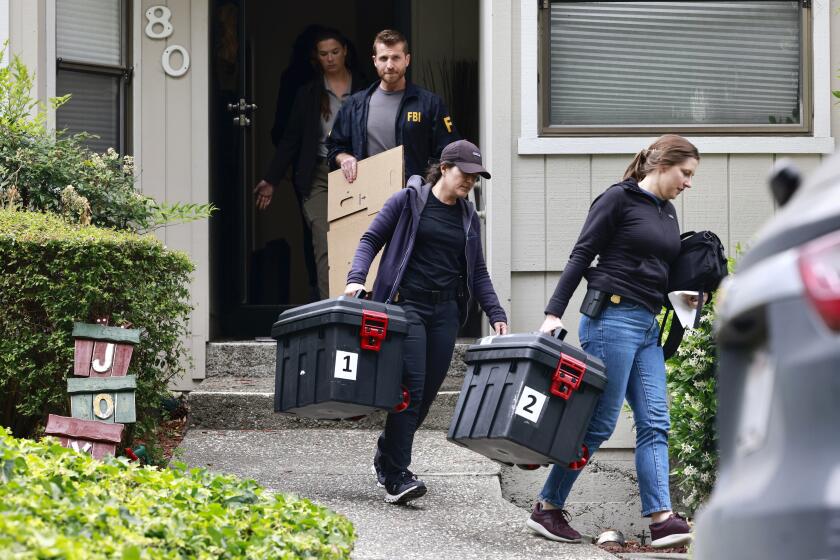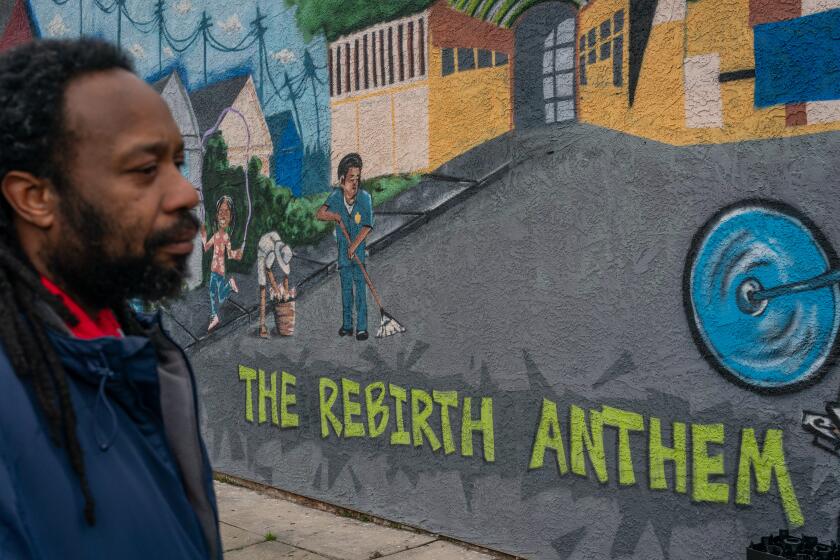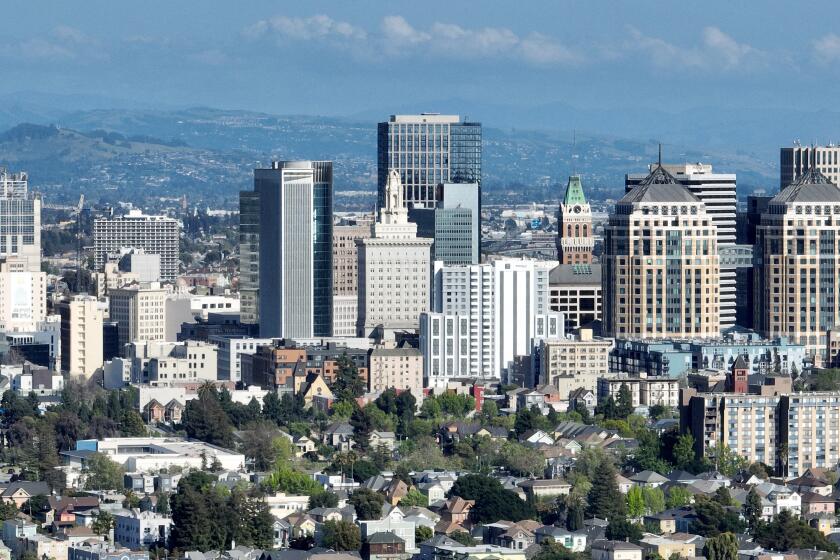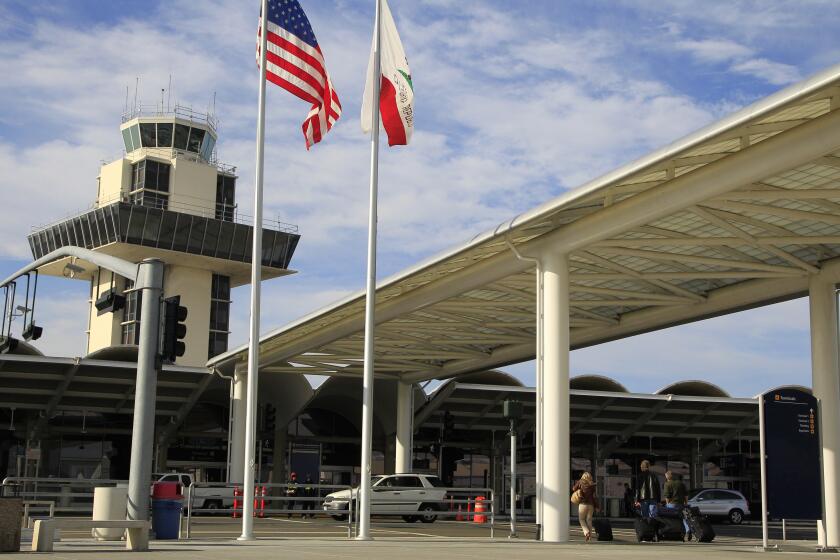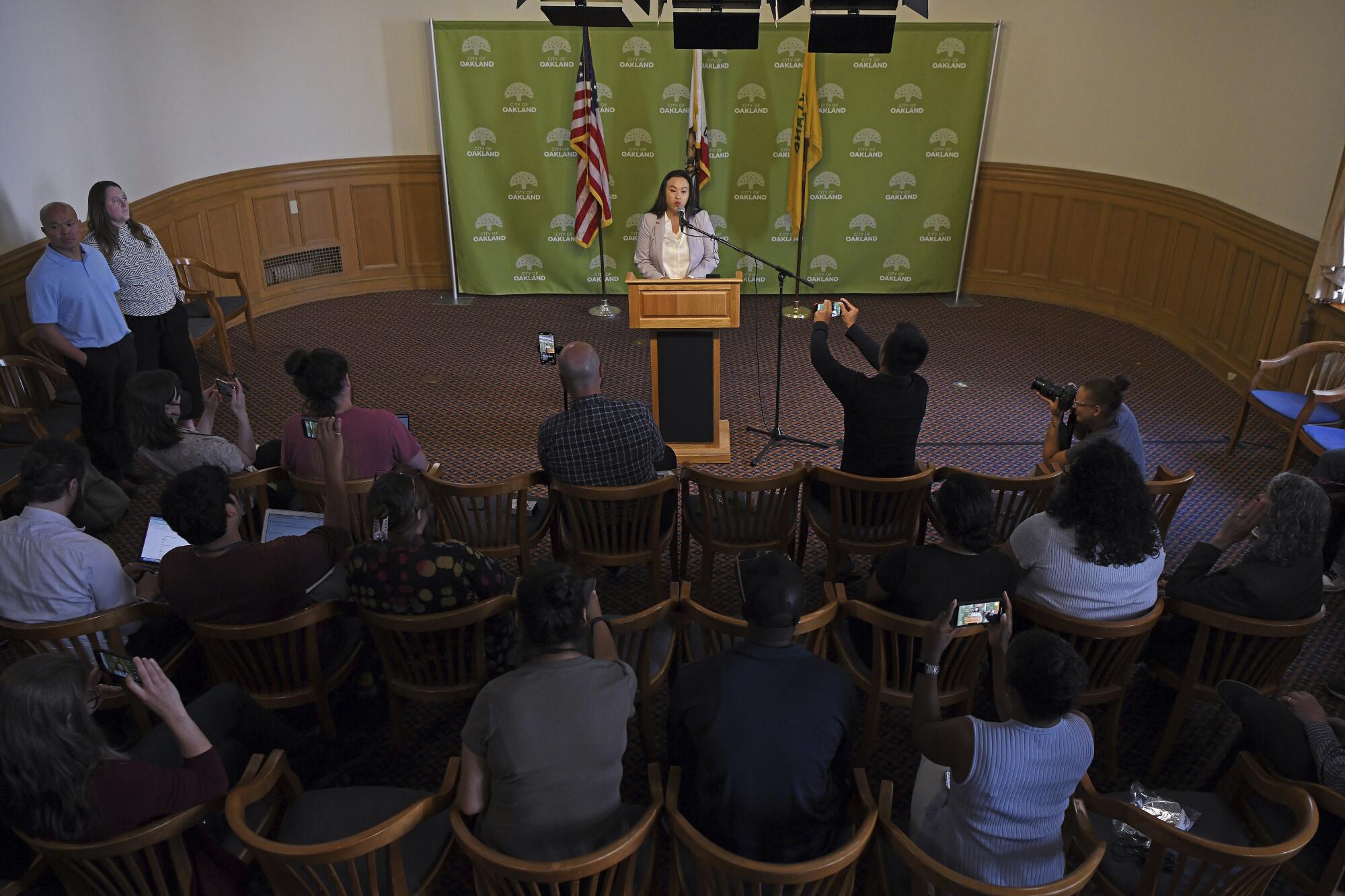
Mason Ma wanted Korean barbecue.
On Juneteenth, the PG&E employee was about to step into Jong Ga House near Lake Merritt when he was struck three times in a mass shooting that injured 13 others.
The incident shocked the city. But it was quickly eclipsed by news of an FBI raid the next day on the Oakland mayor’s house.

Ma watched it unfold from his hospital room, feeling like he was living in a city in crisis. Oakland has struggled with a mounting budget deficit, crime and safety issues driving out businesses and a contentious mayoral recall. And that was before FBI agents marched through the mayor’s home with TV cameras rolling.
“This is not what it’s supposed to be like,” said Ma, adding that police have not even spoken with him since the shooting. When he called, he said, they told him they didn’t have the resources to send someone.
Oakland Mayor Sheng Thao said she believes the FBI raid of her home is linked to an effort to recall her from office.
Since the FBI raid of Mayor Sheng Thao’s home, the political climate in the city has intensified.
Thao gave a fiery speech three days later denying any wrongdoing. “I want to be crystal clear: I have done nothing wrong. I can tell you with confidence that this investigation is not about me,” she said.
She did not speak about the investigation, but suggested the raid was related to a conspiracy between federal officials and forces closer to home who want her out of office.
“The timing of all this is troubling, and we should all be concerned,” the mayor said. “I want to know more about the handful of billionaires from San Francisco and Piedmont who are hell-bent on running me out of office. I want to know why the day following the qualification of a recall election funded by some of the richest people in the Bay Area seemed like the right day to execute a warrant.”
Her personal lawyer and communications director resigned shortly afterward.
“She’s clearly grasping at straws,” said Loren Taylor, whom Thao defeated in the 2022 mayoral election. “I think it’s not the energy we need from someone who’s supposed to be focused on moving our city forward and addressing our challenges.”
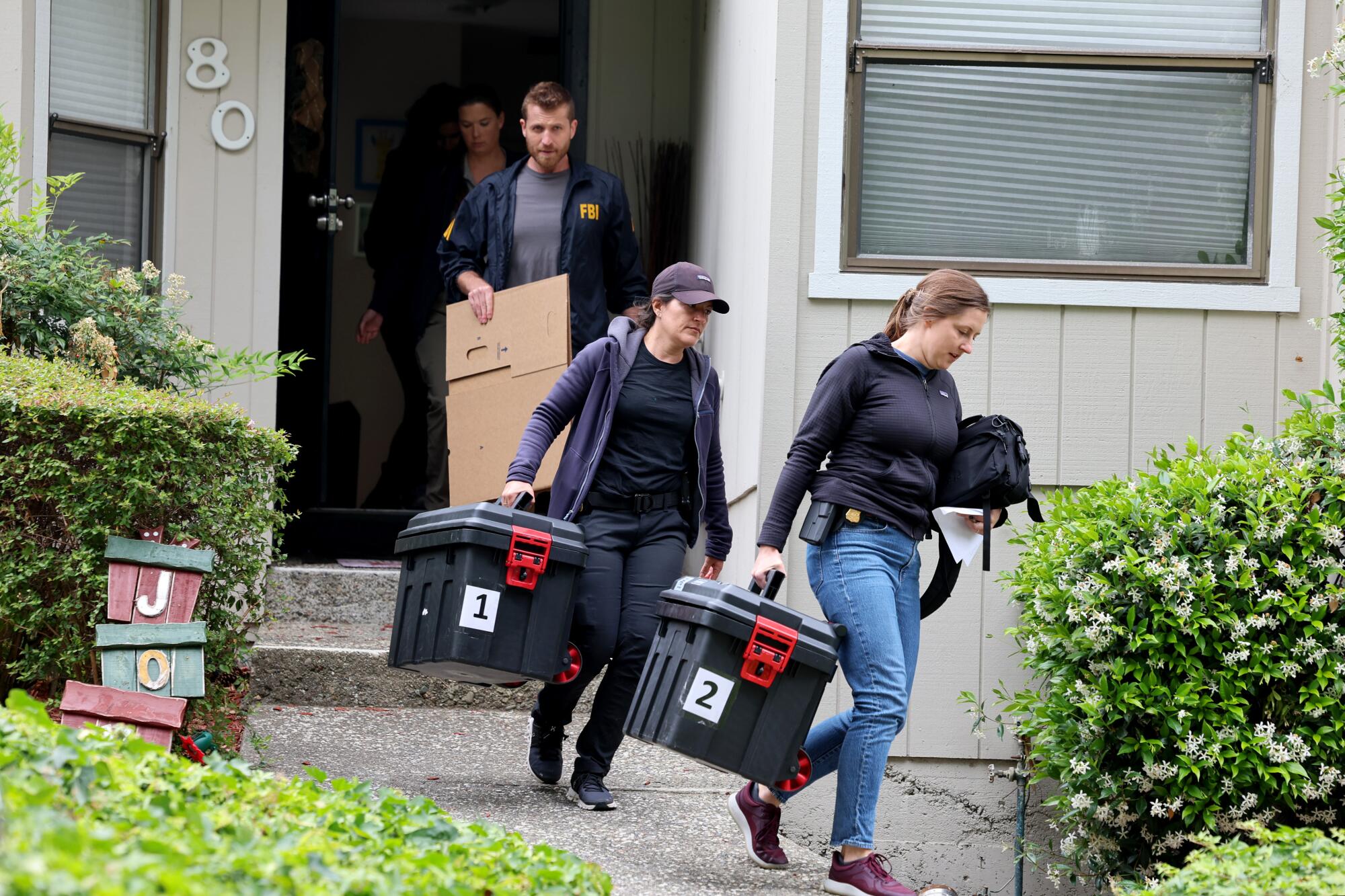
Oakland resident Francisca Cervantes heard loud knocking on her neighbor’s door around 5:45 a.m. on June 20. The woman who lives there, Cervantes said, doesn’t speak to people on the block. Some didn’t even know she was the mayor.
For hours, FBI, U.S. Postal Service and IRS agents searched Thao’s house; when they left, they took numerous boxes with them. No announcement of why federal agents had scoured the residence was given, leaving the public to speculate.
That same day, search warrants were executed on the houses of David and Andy Duong — a politically connected Bay Area father and son — as well as on the offices of their company, California Waste Solutions, which handles recycling for the city of Oakland.
In the past two days, two of Oakland Mayor Sheng Thao’s advisors have stepped down from the embattled politician’s team, including her personal lawyer.
In the past, the Duongs have been accused of reimbursing straw donors who contributed to political campaigns across the Bay Area. Thao is among the politicians who have received funds from the family.
The Duongs have not been charged with any crimes and have denied making any illegal political contributions.
“Have you spoke with Andy Duong about $20,000 by June 30th?” asked a member of Thao’s campaign for City Council in a June 13, 2018, email, according to a joint investigation by the state’s Fair Political Practices Commission and Oakland’s Public Ethics Commission.
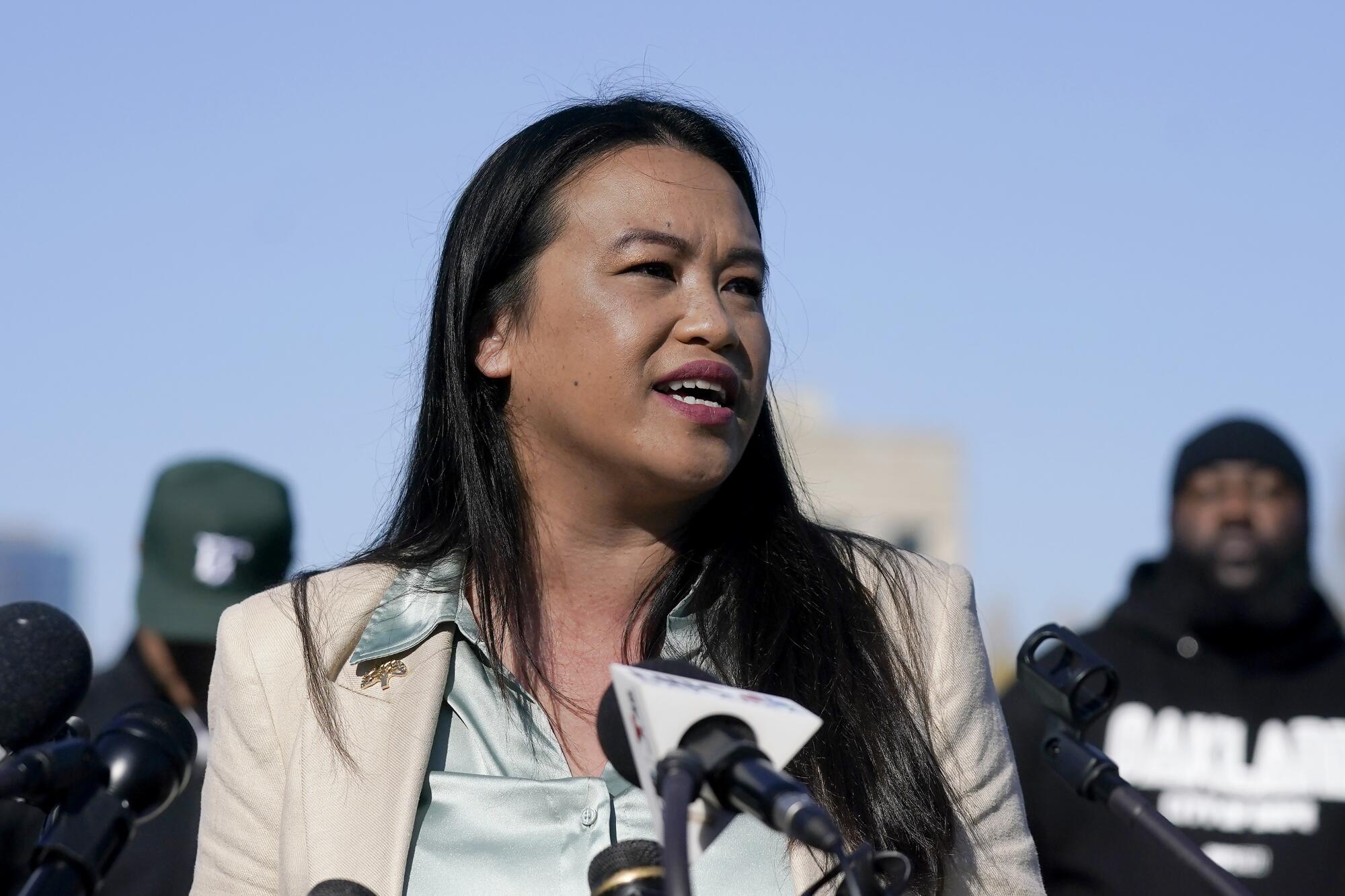
Between June 20 and June 29 of that year, 14 contributions were made to Thao’s campaign, “seven of which were admitted reimbursements by or on behalf of [Andy] Duong,” wrote Bridget Castillo, an investigator for the Fair Political Practices Commission, in a 2021 document.
The contributions to Thao’s campaign from alleged straw donors totaled $9,900. The investigation is still open, the state agency confirmed.
The raid capped a series of very bad days for Thao and Oakland.
Two days earlier, the city clerk had announced that the recall campaign to oust the mayor had enough signatures to qualify for the November ballot. Thao has been in office less than two years after surging into power with a wave of union support following a razor-thin victory.
Then came the shooting at Lake Merritt, which some say highlights the main thrust of the recall campaign: that Thao has not done enough to guarantee public safety in Oakland.
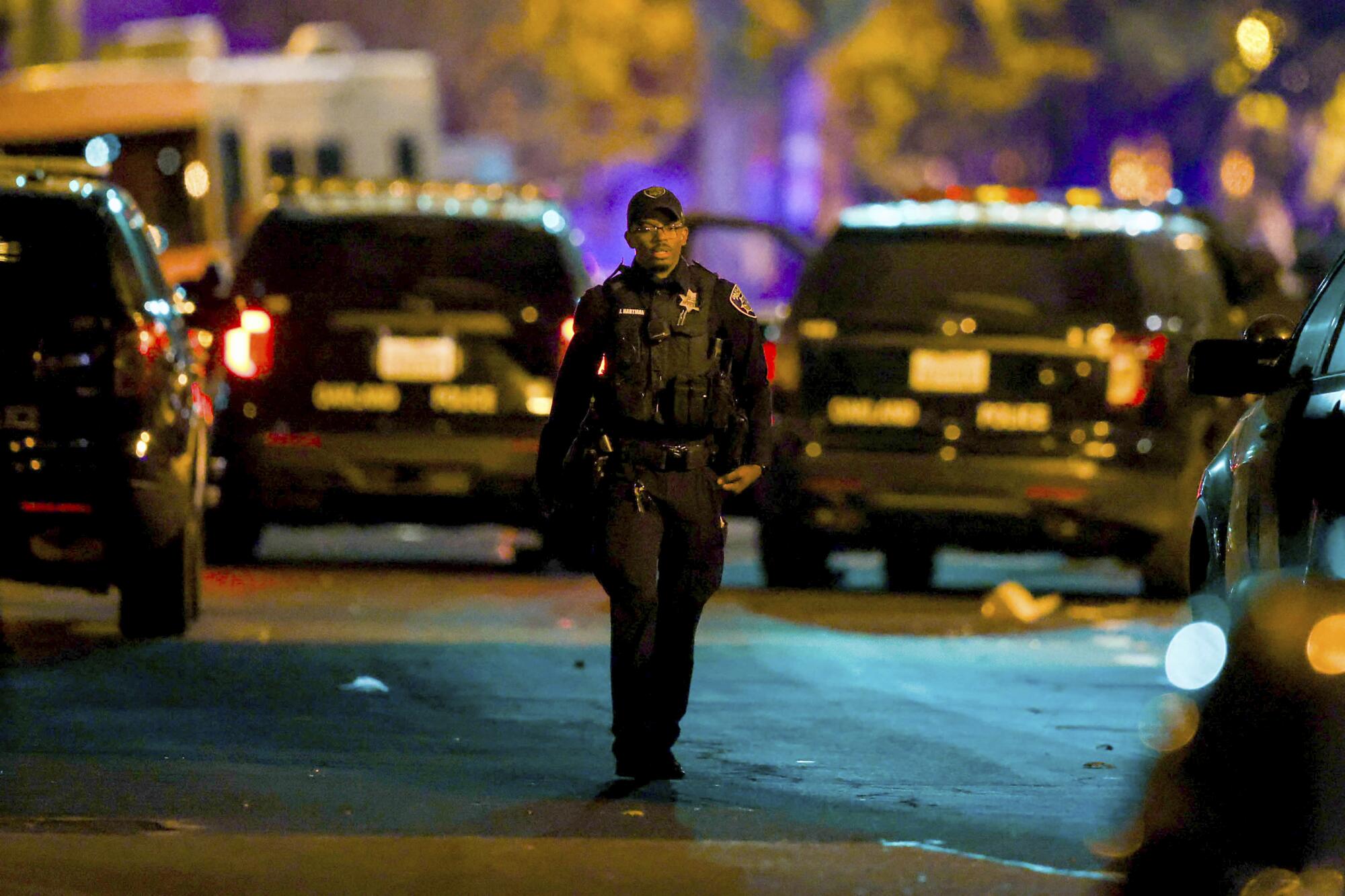
Violent crime in the city has fallen in 2024, with 30 homicides recorded through the end of May — a 25% decline compared to the same span in 2023. Assaults, rapes and most robberies also were down, though residential robberies are up.
Most surprising is how far auto burglaries have dropped, from more than 6,300 from January through May 2023 to just over 2,600 in the same period this year.
One Oakland resident brought together nonprofit organizations, local government and residents to restore their block. She thinks it can be a model.
Some say that outside media have focused too much on the negative in Oakland. Thao said in May that the city was “turning a corner.”
But critics argue that a 59% decline in auto burglaries isn’t as good as it sounds.
“It’s underreporting and non-reporting,” former Oakland police Chief LeRonne Armstrong said.

Burglary victims do not report because police don’t investigate, said Armstrong, who was chief heading into Thao’s tenure.
Armstrong said he was prepared to work with Thao when she came into power at the start of 2023, but the mayor had other plans. She fired Armstrong after a report found failures in the department’s disciplinary system. An independent arbitrator later sided with Armstrong and found he should not have lost his job.
Thao didn’t hire a new police chief for more than a year, a fact that became a rallying cry for the recall campaign.
With brazen street crime and retail thefts shifting to wealthier parts of the city, Oaklanders debate how to tackle the issue considering a legacy of police misconduct.
Adding to the perception that crime is out of control, retailers including In-N-Out and Denny’s are leaving the city. Kaiser Permanente has told workers to stay inside for their own safety after a string of robberies at neighboring businesses.
Calls for reform in the wake of the murder of George Floyd at the hands of Minneapolis officers led Oakland to invest in policing alternatives in 2021, an effort labeled by some as a defunding of the police, though the budget was never reduced.
But the city is now facing major cuts to the Police Department as it stares down a fiscal deficit of more than $100 million following years of increased spending covered partially by federal COVID-19 money that has since dried up.
A massive drop in real estate tax revenue has compounded Oakland’s financial woes.
Much of the plan to balance the budget hinges on the sale of the Oakland Coliseum, the longtime home of the Oakland Athletics.
The city owns half the property and wants to sell it to the African American Sports and Entertainment Group for $105 million. The sale could save the city from Draconian cuts — this year.

“It’s just kicking the can down the road to the following year,” said Dan Lindheim, a Berkeley professor and former Oakland city administrator. “Now you’ve lost an asset.”
Budget 101, Lindheim says, is not to use one-time revenues to offset recurrent costs.
The Oakland Board of Port Commissioners voted Thursday to change the name of the airport to “San Francisco Bay Oakland International Airport” in an attempt to bring more recognition to the airport.
To help close the budget gap, the city had considered cutting tens of millions of dollars from the police and fire departments by keeping positions open, freezing two police academy classes and closing four firehouses for 11 months each.
On Tuesday, however, the City Council passed a budget anticipating revenue from the sale of the Coliseum that would allow officials to avoid those cuts.
The mess is not Taylor’s, but he wishes it were.
He got the most first-place votes in the 2022 mayoral election but lost to Thao after ranked-choice votes were tabulated.
He said that Thao should resign in the wake of the FBI raid and that he plans to again run for mayor.
“It’s taken away from her ability to serve the city in the capacity that she was elected to, and that we need her to,” Taylor said. “Her focus is divided, clearly she is not going to be as focused on serving, supporting, solving the issues that exist in Oakland.”
If she does not resign — and Thao has said she plans to keep serving as mayor — she still faces the recall vote. She will have to campaign to prove that she should remain on the job and finish her term.
It remains unclear whether the mayor, or anyone living in her house, is the target of any investigation.
But she’s already lost one vote — her neighbor Cervantes, who is unimpressed with the job the mayor has done.
“I hope she resigns first, but if there’s no other choice, I will vote for the recall,” she said.
More to Read
Sign up for This Evening's Big Stories
Catch up on the day with the 7 biggest L.A. Times stories in your inbox every weekday evening.
You may occasionally receive promotional content from the Los Angeles Times.

